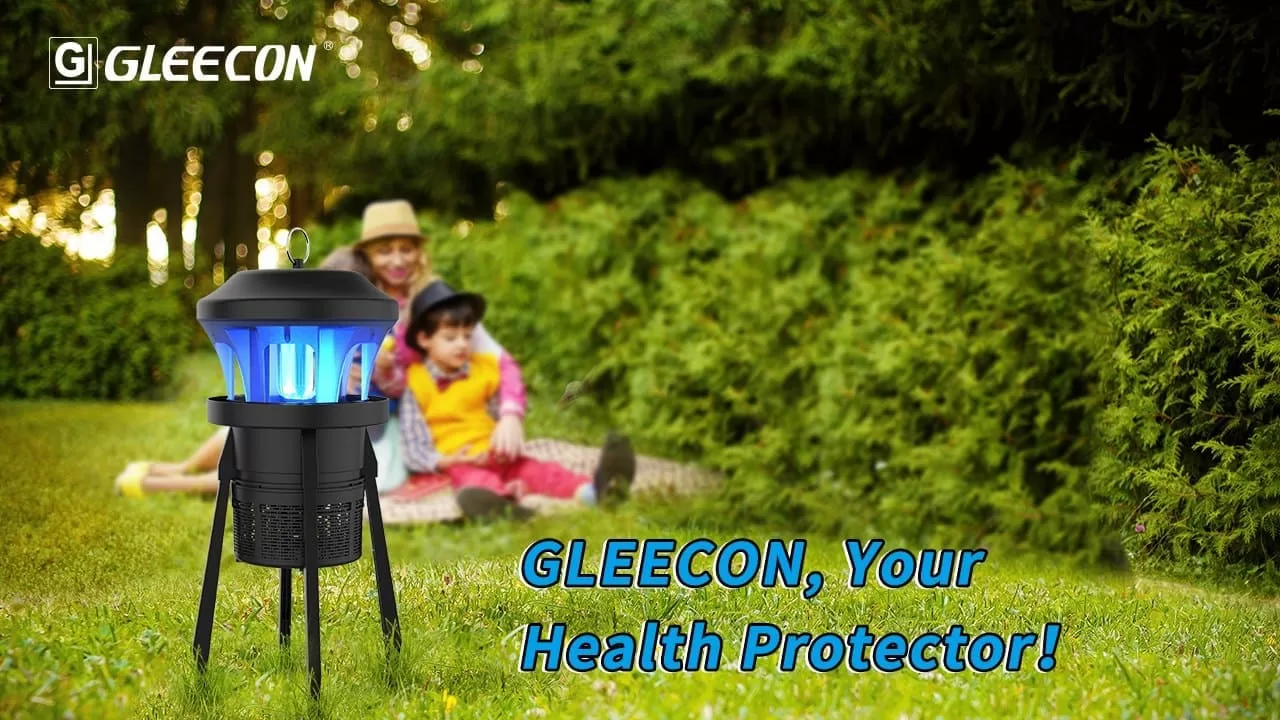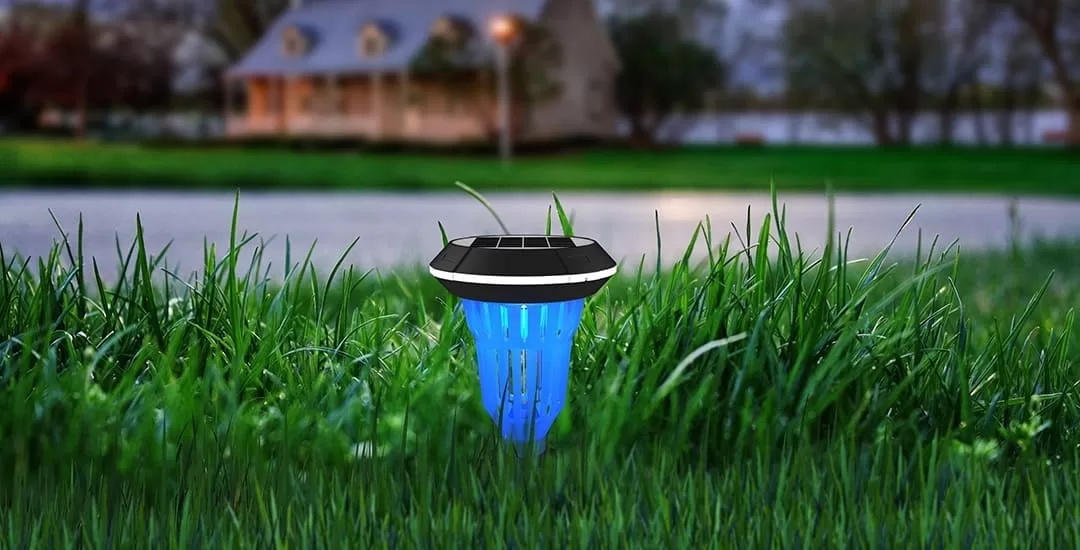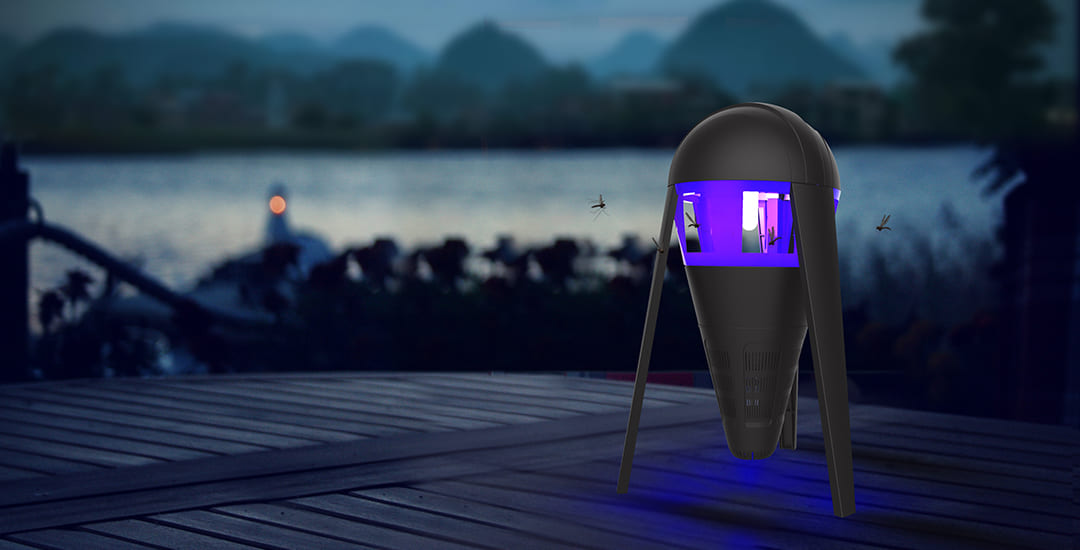Table of Contents
Introduction:
Mosquitoes, the pesky insects that seem to have an uncanny ability to disrupt our indoor and outdoor activities, have been the target of various control methods over the years. One approach that has gained popularity is the use of electronic mosquito zappers. These devices work by delivering an electric shock to mosquitoes, but have you ever wondered how many volts it takes to effectively zap these tiny nuisances? In this blog, we’ll explore the voltage needed to kill a mosquito and delve into the science behind these electronic mosquito control devices.

The Science of Mosquito Zappers:
Electronic mosquito zappers operate on a relatively simple principle. They typically consist of a light source to attract mosquitoes and an electrified grid or wire mesh surrounding the light. When a mosquito is lured in by the light and makes contact with the grid, it receives a high-voltage shock, rendering it incapacitated or causing immediate death.

Voltage and Mosquito Control:
When it comes to killing mosquitoes, the voltage required is typically in the range of 50-100 volts. However, it’s important to understand that voltage alone is not the sole factor determining the effectiveness of an electric insect killer. Other factors such as exposure time, conductivity, and contact area play significant roles in ensuring the mosquito’s demise.
- Duration of the Electric Shock:
The duration of the electric shock is crucial in delivering a lethal blow to a mosquito. A brief shock may repel the insect, but it might not achieve the desired result. A longer exposure time allows the electrical current to penetrate the mosquito’s body, leading to its electrocution. Effective insect killers are designed to provide a duration of shock that ensures mosquito elimination. - Conductivity of the Mosquito’s Body:
The conductivity of a mosquito’s body affects the effectiveness of the electric shock. Mosquitoes are relatively small insects with a limited surface area, which may result in less efficient electrical conductivity compared to larger insects. However, their biology still makes them susceptible to electric shocks at voltages ranging from 50-100 volts. - Contact Area with the Electric Grid or Surface:
In electric insect killers, the shock is delivered through an electrified grid or surface. The contact area of the grid or surface plays a significant role in ensuring effective mosquito control. A larger contact area can increase the chances of a mosquito coming into contact with the electrified surface, increasing the likelihood of a lethal shock.
While the appropriate voltage is essential for killing mosquitoes, it is equally important to understand that different electric insect killers may employ varying voltages. Manufacturers design their products to deliver the optimal voltage required to eliminate mosquitoes effectively while ensuring safety for users.
Enhancing Mosquito Control Effectiveness:
Besides voltage, other factors can enhance the effectiveness of mosquito control with electric insect killers:
a) Proper Placement: Placing the electric insect killer in areas where mosquitoes are prevalent, such as near standing water or outdoor gathering spots, can significantly increase its effectiveness.
b) Light Attraction: Many electric insect killers combine ultraviolet (UV) light with the electric grid to attract mosquitoes. The combination of light and electricity creates a powerful enticement that lures mosquitoes towards the insect killer.
c) Regular Maintenance: Cleaning the electric insect killer regularly helps to remove accumulated dead mosquitoes and debris. This ensures that the electric grid or surface remains unobstructed for optimal performance.

Conclusion:
While the exact voltage required to kill a mosquito falls within the range of 50-100 volts, it’s important to note that voltage alone is not the sole determinant of an electric insect killer’s efficacy. Factors such as the duration of the electric shock, conductivity of the mosquito’s body, and contact area also influence mosquito control effectiveness. By understanding these factors and employing electric insect killers along with other preventive measures, we can minimize the annoyance and health risks associated with mosquitoes, creating a more enjoyable and safer environment for ourselves and our loved ones.








